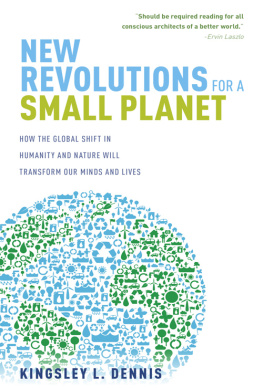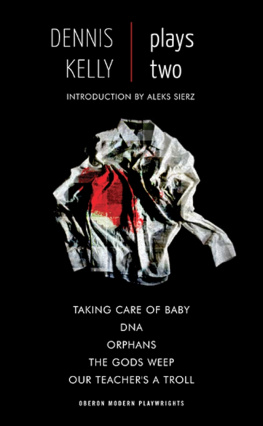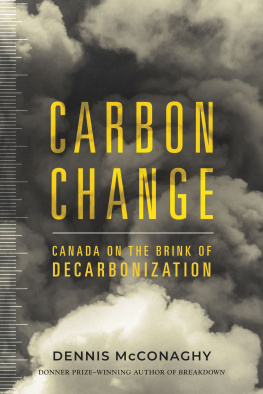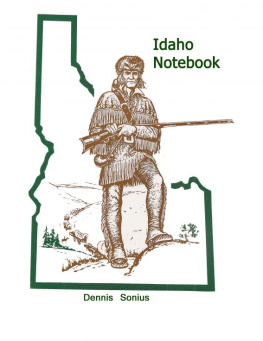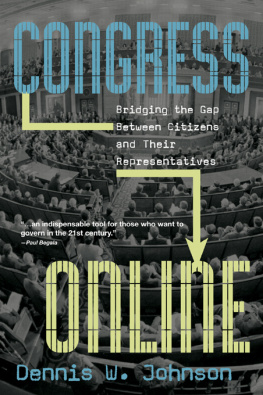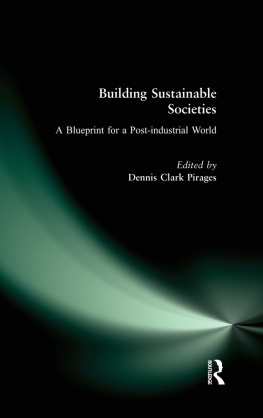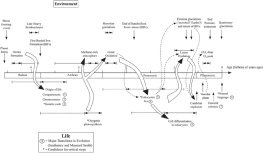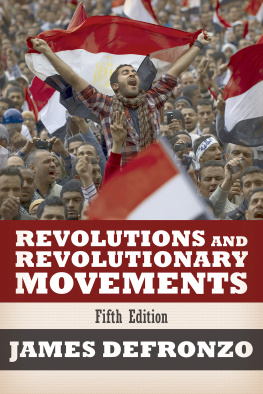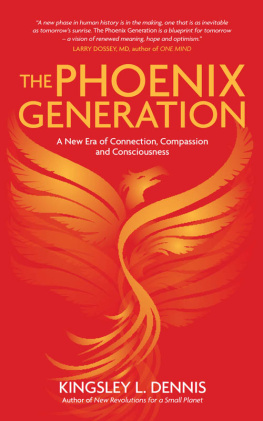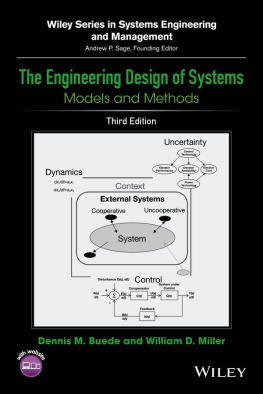Kingsley L Dennis, PhD, is a sociologist, researcher and writer. He previously worked in the Sociology Department at Lancaster University, UK, and was Research Associate at the Centre for Mobilities Research (CeMoRe) also at Lancaster University. He is also co-founder of WorldShift International.
Kingsley is the author of numerous articles on social futures; technology and new media communications; evolutionary studies; and conscious evolution. As well as academic training, Kingsley has also lived and worked for many years overseas, including five years in Turkey. He currently lives in Andalusia where he continues to research, write, travel, and grow his own vegetables.
He can be contacted at his personal website: www.kingsleydennis.com
By the same author
New Consciousness for a New World
The Struggle for Your Mind: Conscious Evolution & The Battle to Control How We Think
After the Car (co-authored with John Urry)
The New Science & Spirituality Reader (co-edited with Ervin Laszlo)
NEW
REVOLUTIONS FOR A
SMALL PLANET
HOW THE GLOBAL SHIFT IN
HUMANITY AND NATURE WILL
TRANSFORM OUR MINDS AND LIVES
KINGSLEY L. DENNIS

DEDICATION
To all worldshifters: those in the world today; all those who have already left us; and all who will arrive in the coming years. Thank you for making a difference.

ACKNOWLEDGEMENTS
I would like to give my thanks to Michael Mann for enthusiastically supporting my work over the years. It is a pleasure that we finally got to publish together on this book! My thanks also to Shelagh Boyd for her keen eye and editing skills, and for ironing out some of my grammatical creases. Whilst this writing has been a solo work, I have relied so much on the research done by others who came before me I owe a great debt to you all.
INTRODUCTION
Transitions, Transformations and Revolutions
H umanity is in the midst of great transformation across the globe. This is now apparent to even casual observers of some of the changes happening on the planet at this time. Most of what we see in the daily news reports informs us of dramatic Earth changes due to climatic disruption: earthquakes, floods, hurricanes, volcanic eruptions, etc. We are also witnessing a surge in people protest as decades of corrupt or inefficient social systems are taking their toll. Yet within this outward surge of turmoil and disruption other shifts are occurring; such as the transition from the modern mind of the industrial-globalization model of the last two centuries into a life-sustaining, ecological-cosmological worldview. We are seeing a change towards fostering values that will be inherited by the world to come. During the current and upcoming years, humanity, on both an individual and collective level, will have an obligation to re-adapt itself to a world in revolution.
The revolution we are currently undergoing is not only of the physical kind, with struggle, strife and exertion. There are also revolutions now in our perceptions and worldviews revolution in our collective psyche. Yet it doesnt stop there, as a revolution not only suggests a change or substitution in socio-cultural systems, a change in conditions, but also implies a complete orbit or rotation as well. I suggest in this book that life on planet Earth is undergoing all three types of revolutions: physical, psychic and cosmological.
Our human socio-cultural cycles are very much a part of our evolutionary history, with marked eras between hunter-gatherer, agrarian, city-state, industrial and planetary. Cultural historian William Irwin Thompson has marked these cultural ecologies or cycles as:
1 Hominization: 4000000200000 BC
2 Symbolization: 20000010000 BC
3 Agriculturalization: 100003500 BC
4 Civilization: 3500 BC AD 1500
5 Industrialization: AD 15001945
6 Planetization: 1945present
Currently, our struggles are between a system marked by the inequalities of globalization (what I call the old mind) and that of an integral-ecology era (what I call the new mind). This is a territorial, and psychic, dispute, which is manifesting through resource wars and the ongoing struggle for control and management. At the same time there are many forecasts trying to predict the outcome of the present geopolitical turmoil based upon what has gone before; we are unable to discern the uncertain, the unpredictable and the unexpected. The Western mindset has a preoccupation, or even obsession, with a linear view of history and progress. Yet the concept of a linear development of human civilizations is erroneous and misleading. Many ancient teachings, both spiritual and secular, and many indigenous cultures, have long known about and taught the concept of cyclic processes that are repeated over long periods of historical time. There can also be cycles within cycles; smaller cycles within larger cycles whereby social phases, from less cultured states to more cosmopolitan arrangements, can manifest within one overarching cycle. These expansions in social cycles also coincide, or are coexistent with, changes in perception and worldviews. In other words, major social revolutions are accompanied by great shifts in human consciousness. Such shifts are also, as this book attempts to explain, parallel to shifts in how the human species understands, and subsequently harnesses, varying forms of energy. This process follows a progression of discovering ever-finer energies in the world, and indeed the cosmos, of which we are living participants.
Our spiral of cultural history involves a complex interplay of various cycles and systems: of social systems, energy systems and communications revolutions all co-dependent and integral. Ecological, biological, social and technological systems are now being reorganized because of new energy flows as our world transits a phase shift of almost revolutionary dimensions. The 21st century has been reached through a growing series of critical thresholds, moving towards current global, social and environmental limits; however, at such thresholds new arrangements are forced into being.
Eminent historian Lewis Mumford, in his The Transformations of Man, 1956, writes:
Every [human] transformation ... has rested on a new metaphysical and ideological base; or rather, upon deeper stirrings and intuitions whose rationalized expression takes the form of a new picture of the cosmos and the nature of man ... we stand on the brink of [such] a new age: the age of an open world and of a self capable of playing its part in that larger sphere ... In carrying [human] ... self-transformation to this further stage, world culture may bring about a fresh release of spiritual energy that will unveil new potentialities, no more visible in the human self today than radium was in the physical world a century ago, though always present.
It was prescient of Mumford to view the next era not only in terms of ideological renewal, but also as one that brings about a fresh release of spiritual energy. In a similar manner, British historian Arnold Toynbee (in his A Study of History) referred to the possible transfiguration of modern society into some kind of re-spiritualized form. Significant to this discussion are the work and teachings of Indian yogi Swami Sri Yukteswar Giri (teacher of Paramahansa Yogananda) who, in his book The Holy Science, talks of the cyclic attributes of the Hindu Yugas the four ages of mankind. In terms of attributes, the Yugas generally highlight the rise and fall of great civilizations, as well as the ebb and flow in the morality, ethics and conscious quality of humankind. During the descending arc, not only do civilizations become more materially based but there is also a loss of truth, wisdom, sincerity and integrity amongst humanity.
Next page
